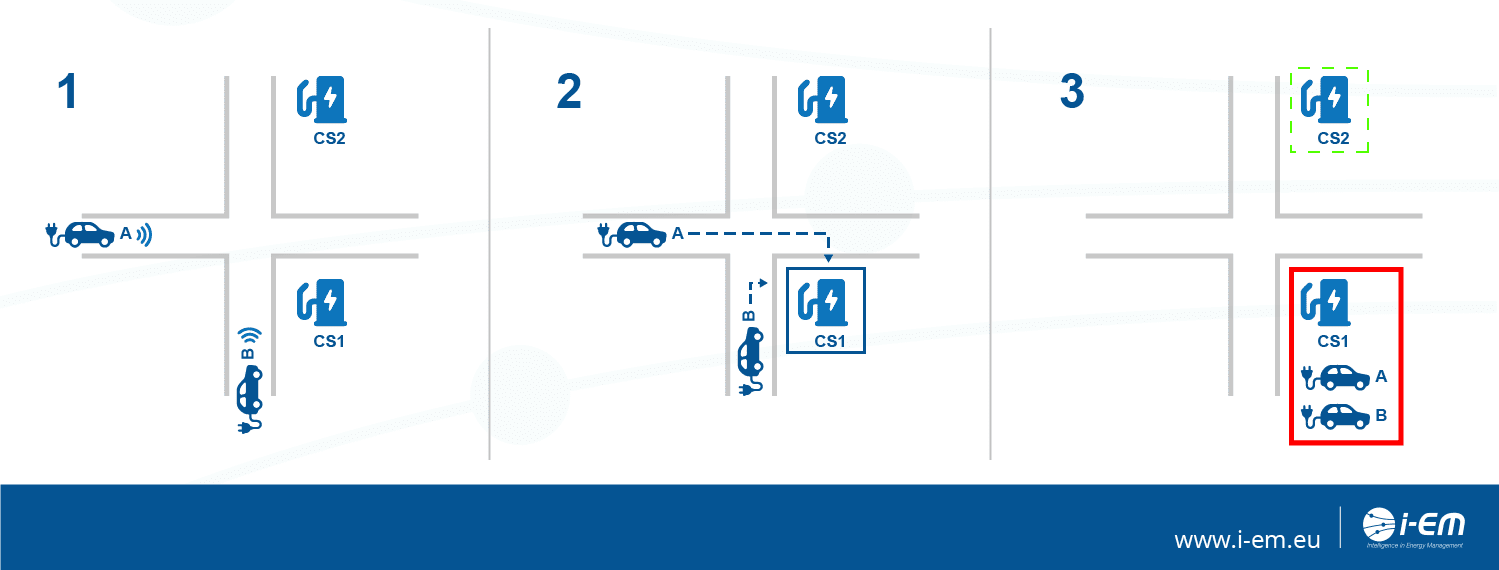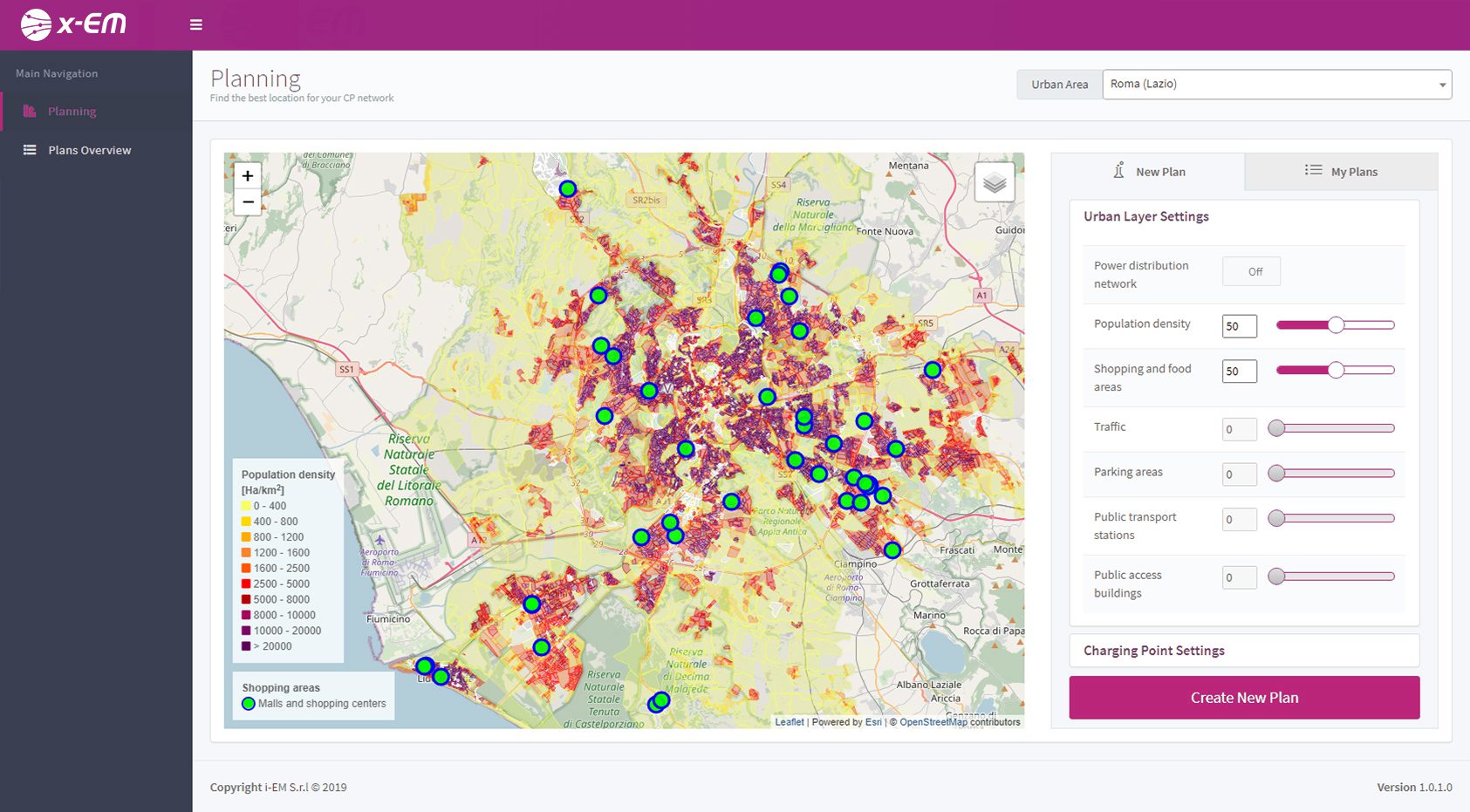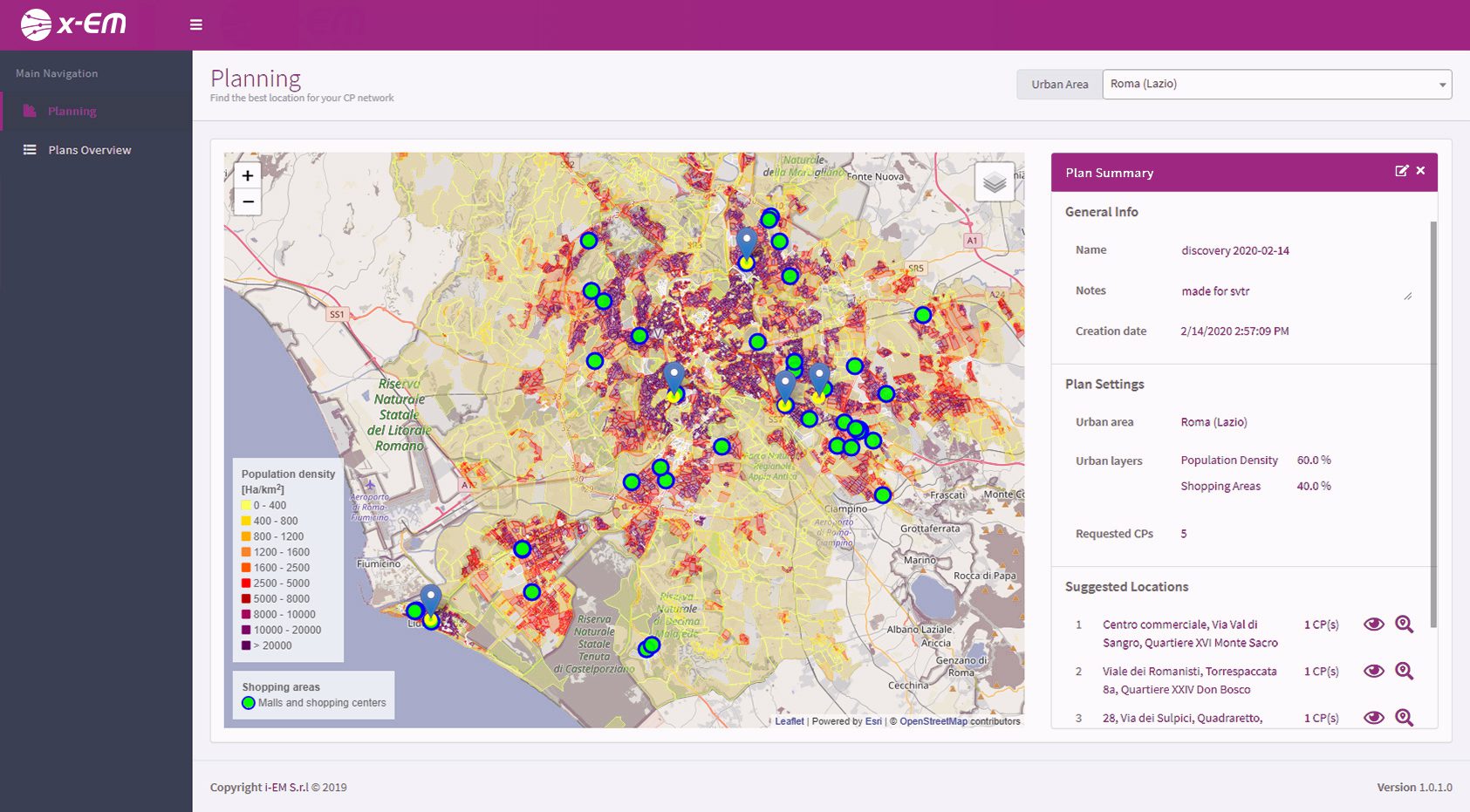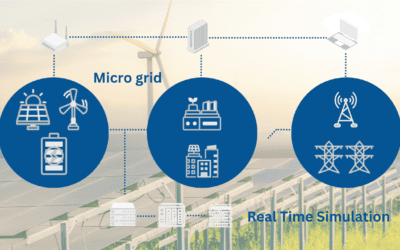In our latest blog post, we have introduced the issue related to the management of power systems in respect to the increasing need of energy to charge e-Vehicles, specifically by using home charging stations. In this article, we will turn to another hot topic in the e-Mobility world, which is the management of public e-Vehicles charging stations, considering the increasing number of plug-in electric vehicles (PEVs) in our cities.
In the near future, with a high penetration level of electric cars in the smart grids, there may be real difficulties in the management of public charging stations, due to the long duration of a charge for an electric car, and the small number of public charging points with respect to the size of e-Vehicle fleets. Probably a good percentage of electric car owners will not have a domestic charging station, and consequently the role of public charging stations may be crucial.
As we have already explained in our previous post, public charging stations are much more powerful than domestic ones, in order to make the charge faster and to allow e-Vehicles drivers to increase the state of charge (SOC) of the car battery during quick stops (in some cases, even just 15 or 30 minutes). So, for instance, a person can go to make a purchase, or to drink a coffee – or any other quick commission – while his/her electric car is charging, then find it recharged and ready to be used. In these cases, the charge at public stations is not a full charge, but the quick stop is exploited also to charge a bit the vehicle’s battery.
More e-Vehicles, more charging stations… or maybe more organization?
Regarding public charging stations, the greatest problems are not related to power system stability, but to the availability of station themselves. Currently the risk to queue or wait for a long time when trying to charge an electric car is not so high, as these kinds of vehicles are not so common yet. But, in the very next future, this risk will become more than concrete. So concrete that letting all the drivers be able to use stations – anytime they need – could become a real problem.
These considerations are the basis for the study titled “Decentralized Assignment of Electric Vehicles at Charging Stations Based on Personalized Cost Functions and Distributed Ledger Technologies” ”[1], where one of the authors is our data scientist Michela Moschella, who studied this problem at University of Pisa in collaboration with the Imperial College of London (UK), during her PhD supported by i-EM S.r.l. This paper describes a new smart assignment system of e-Vehicles to public charging stations, which recommends to drivers the most convenient station for them to charge their car. The proposed system is based on a stochastic decentralized algorithm, and it takes into account the possibly different priorities of drivers; more precisely, the three possible drivers priorities considered by the system are the preference to minimize charging costs, to minimize charging time, or to reach the closest station. Finally, to enforce the compliance of drivers, authors have included a Distributed Ledger Technology (DLT)-based compliance method, leading to a good quality of service.
How it works and… does it works?
Turning to the concrete functioning of this tool, in short, it includes the installation of the system on e-Vehicles, from which drivers are allowed to set their preferences. Starting from these latter, immediately after the driver’s request, the algorithm indicates the suggested charging station in a decentralized manner; more precisely, the charging stations of the city-center start to broadcast a green signal – representing their availability – to the car, with a frequency proportional to their capacity of satisfying the driver interests. Then, the most convenient station will send its green signal more frequently then the other charging stations, and consequently it is more likely that the e-Vehicle driver will first receive the availability signal from the optimal station for him/her.
This stochastic decentralized system has many advantages thanks to its architecture: actually it has low communication requirements, and it is convenient in terms of privacy, because neither PEVs have to exchange personal information with the other cars, nor the charging station with the other stations.
The effectiveness of the proposed system is illustrated and validated through extensive simulations performed with the mobility simulator SUMO, and the city of Pisa (Italy) was considered as the main case study. These simulations have confirmed the theoretical efficiency of the proposed approach, but.. what about a practical solution to adopt in the management of the next smart grids? Which is the future that awaits us? Stay tuned to discover the end of this e-Mobility story!
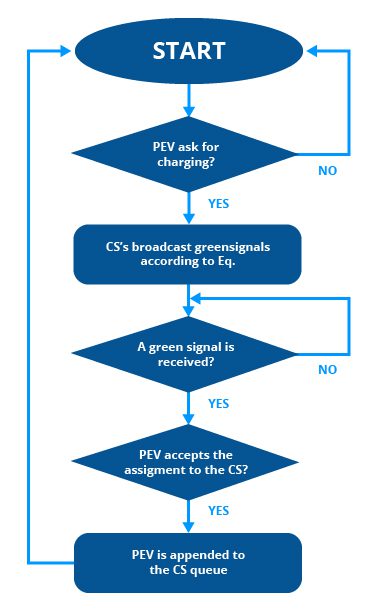
Learn more about i-EM’s e-Mobility solutions
Decentralized algorithms and optimized managament systems represent a concrete solution for the ever-growing needs of our cities, in terms of e-Vehicles public charging stations. Right now the situation regarding e-Mobility is passing through a crucial period, during which our society needs to face the issues related to the new mobility trends.
At i-EM, we provide solutions for smart balancing, energy charging & routing and charging points (CP) planner, ensuring benefits to all of the e-Mobility stakeholders, including Distribution System Operators (DSO), e-Mobility Services Providers (EMSP), Charge Point Operators (CPO) and e-Vehicles drivers.
Our team is available and happy to give you further information about our e-Mobility solutions: get in touch with us and ask for details about them!

x-EM provides data analysis for e-Mobility.
i-EM data analysis ensures benefits to all the electric mobility actors. Advanced analytics process works to get smart balancing, energy charging & routing and charging points planner
Notes
[1] M. Moschella, P. Ferraro, E. Crisostomi and R. Shorten, “Decentralized Assignment of Electric Vehicles at Charging Stations Based on Personalized Cost Functions and Distributed Ledger Technologies,” in IEEE Internet of Things Journal, doi: 10.1109/JIOT.2021.3052045. (See reference)


